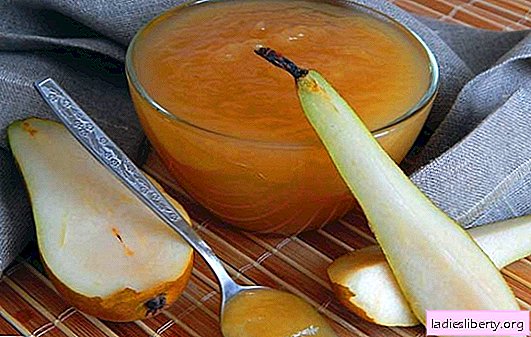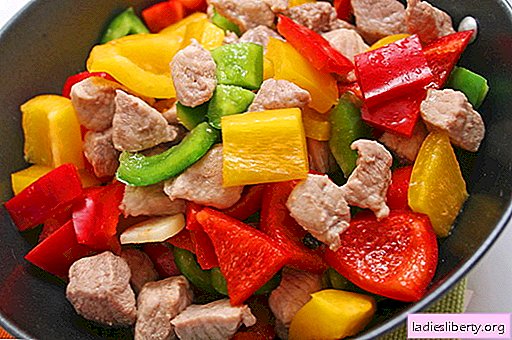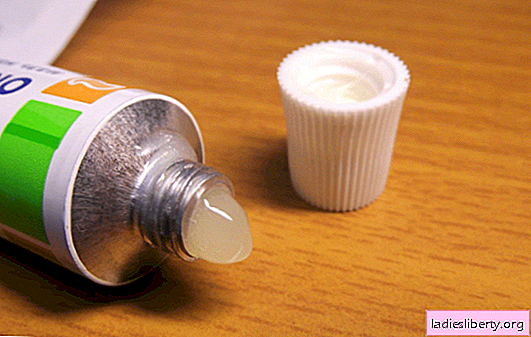
Parkinson's disease is one of the most common neurological diseases that affects 6.3 million people worldwide. According to the WHO, by 2030 the number of patients will increase to about 8.7 million. A recent study in rats showed that the simultaneous administration of a prohibited herbicide and a food-grade chemical causes symptoms of Parkinson's disease.
What is Parkinson's disease and how dangerous is it?
Parkinson's disease is a neurodegenerative disease that is characterized by progressive destruction of nerve cells in the brain. Dopamine deficiency causes impaired motor system.
At the beginning of the disease, nerve cells that are not related to dopamine production die. Therefore, patients develop autonomic disorders, pain, sleep disturbances, anxiety, which become more intense over the years.
Parkinson's disease was first described in 1817 by the English physician James Parkinson. However, since then, research has not advanced far in understanding the mechanisms of disease development.
The interaction of genetic predisposition and environmental factors is discussed. Although the symptoms of the disease can be alleviated with drugs, progression cannot be slowed down or even stopped. A potential risk factor that has caused controversy in the scientific community is a herbicide called paraquat.
How is paraquat associated with Parkinson's disease?
Experiments have shown that administration of paraquat causes symptoms similar to Parkinson's in rodents. The concentrations of pesticides that scientists used in research were much higher than what the average person consumes with food.
Scientists from Pennsylvania were trying to find out if paraquat really increases the risk of developing Parkinson's disease.
Result: it was found out exactly how the herbicide can move from the stomach and affect the accumulation of protein in the brain.
If a person takes even low doses of paraquat and lectins together, the formation of alpha synuclein in the intestine is stimulated. A toxic protein can travel along the vagus nerve to that part of the brain whose destruction causes Parkinson's disease.
What foods can accelerate the movement of toxic protein from the intestines to the brain?
Researchers fed rats small doses of paraquat for 7 days. They were also injected with lectins, which are present in raw vegetables, eggs and cereals. Manufacturers of certain types of drugs use lectins; they help deliver drugs to the brain or stomach. In the past, scientists have identified a link between taking lectin-containing drugs and the development of parkinsonism. However, the cause-effect relationship has not been conclusively proven.
New studies suggest that lectins can form a link between paraquat and cause Parkinson's disease.
After a 7-day trial, the team waited another 14 days before exploring the animals. Scientists then evaluated motor function and other signs of Parkinson's disease. As expected, 74% of rodents developed parkinsonism.
Lectin-rich foods
Lectins are found in vegetables and fruits. Some of them, raw, can be toxic to humans or pets.
The most famous example of lectin is phytohemagglutinin from raw beans, which breaks down at high temperature.
The gastrointestinal tract of people is regularly exposed to these substances, but they rarely enter the bloodstream unchanged. Most lectins break down during cooking.
Product | The content of lectin in hemagglutinating units (GAE) |
| Raw red beans | 20 000 - 70 000 |
| Raw white beans | 7000 - 23000 |
| Raw beans | 1000 - 7000 |
| Cooked red beans | 200 - 400 |
Lectins in legumes become harmless after 15 minutes of boiling in boiling water.
It is recommended to fry or cook all legumes to prevent toxic proteins from entering the gastrointestinal tract.
The simultaneous use of lectins and paraquat causes symptoms similar to Parkinson's disease. Proper treatment of legumes helps prevent not only the negative effects of the herbicide, but also food poisoning.











